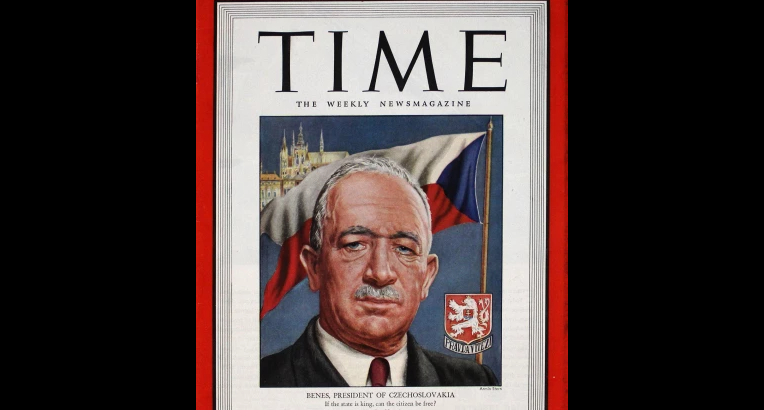Under Communist leadership, Czechoslovakia held that womenвҖҷs emancipation was equal access to the workforce and increased educational and social reforms, but they failed to address the issues of housework, gender roles, and womenвҖҷs political presence. For example, while women were 11 times as educated in 1975 as they were in 1945, they were directed towards traditionally feminine fields of study. At the same time, however, financial and moral incentives were introduced for women to work for the bureaucracy. ThereвҖҷs no doubt that gender roles were becoming complex while staying traditional in Czechoslovakia.
Edvard өюұрІФұрЕЎ (28 May 1884 - 3 September 1948)
Edvard өюұрІФұрЕЎ was born in Kozlany, Bohemia during the Austro-Hungarian EmpireвҖҷs rule, but by October 14, 1918, he lived in a different nation, as the empire collapsed in place of the then-new Czechoslovakia. He served as the council chairman for the League of Nations to support the balance of powers in Eastern Europe, creating the вҖңLittle Entente.вҖқ Eventually, өюұрІФұрЕЎ would succeed Masaryk as the Czechoslovakian president, faced with the threat of Germany, and the rest is history.







